Tamara McFarland, Cooperation Humboldt
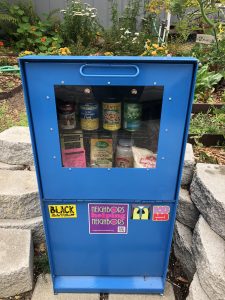
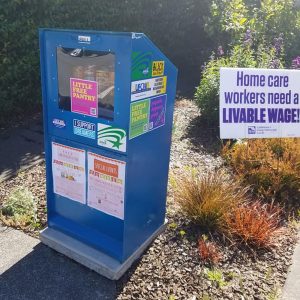
Along the rugged coastline of far-Northern California, activists have launched a program to tangibly demonstrate their commitment to food justice and neighborhood building. This local Little Free Pantry initiative is a project of Cooperation Humboldt, a nonprofit committed to creating a solidarity economy on California’s north coast.
Humboldt County is a fairly isolated, rural place, with some of the state’s highest rates of crime, addiction, public health concerns, and children in foster care. Cooperation Humboldt describes its Little Free Pantry program as a grassroots, crowdsourced solution to immediate and local need, as well as a way to strengthen community bonds and pose questions about resilience and interdependence.
While the program is small in scale relative to the overall need in the community, it offers several unique differences from traditional food banks and mainstream charity-based offerings.
- Many food pantries require application before use and have set hours of operation. Anyone may access a Little Free Pantry at any time.
- Food pantries operate as service providers, those who use them as clients. The Little Free Pantry dissolves that boundary. Whether stocking or taking stock, everyone approaches the Little Free Pantry the same way, mediating the shame that accompanies need.
- The Little Free Pantry is a proving ground, testing concepts like community, charity, justice, and sharing economy.
Whether meeting a need for food or a need to give, the Little Free Pantry facilitates neighbors helping neighbors, building community.
Cooperation Humboldt has installed five Pantries in the city of Eureka in the last several months, with plans to install nine more before the end of 2018. Participants have reported overwhelmingly positive experiences thus far. Cooperation Humboldt’s Food Team Coordinator, Tamara McFarland (who also hosts a Pantry at her home) says, “We had more conversations with our neighbors during the first week after installing our pantry than in the previous six months. Almost all of our neighbors have been excited to see the pantry, and many contribute or take supplies regularly. For our family and our neighborhood, it’s been a huge success so far.”
Cooperation Humboldt is committed to making this project more than just charity; central to all messaging, signage, and promotional materials is the assertion that healthy food is a fundamental human right, and access should not be determined based on wealth or income. The benefits go beyond merely feeding hungry folks; the Pantries serve as catalysts for transformation within individual neighborhoods, and in the broader community. “They challenge neighbors to re-think the boundary between ‘mine’ and ‘yours,’ and to broaden their circles of care and compassion beyond their own fence lines,” explains McFarland.

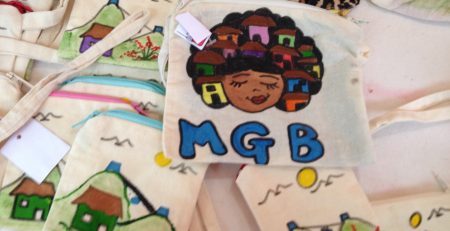
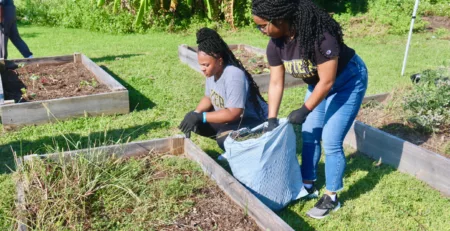





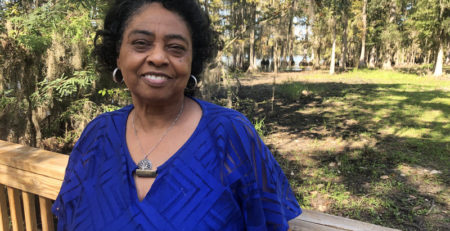
Comment (1)
We need to go back to the principles of F D Roosevelt.